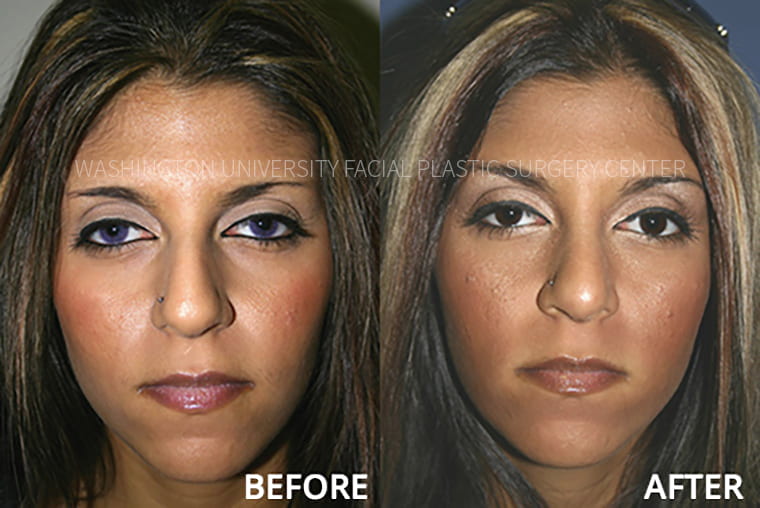Mommy Makeover Bellevue: Restore Your Pre-Baby Body with Expert Care
Mommy Makeover Bellevue: Restore Your Pre-Baby Body with Expert Care
Blog Article
A Deep Study the Usual Justifications for Looking For Cosmetic Surgery: Unloading the Need for Adjustment and Self-Improvement
Social Pressures and Elegance Criteria
Frequently, social stress and dominating beauty standards play a significant duty in people' choices to go after plastic surgery (liposuction bellevue). In modern society, aesthetic representation greatly influences individual understandings of beauty, usually continued by media, star endorsements, and social systems. These networks frequently advertise idyllic versions of beauty, leading individuals to internalize these standards and evaluate their self-regard versus them

Moreover, these stress are not limited to particular demographics; they influence people throughout various ages, sexes, and backgrounds, highlighting the pervasive nature of appeal criteria. This widespread influence elevates crucial questions regarding the principles of plastic surgery and the effects of social standards on individual selections. Ultimately, understanding these pressures is critical for promoting a much more comprehensive meaning of beauty that commemorates variety.
Individual Experiences and Transformative Stories
Several people who undergo plastic surgery record transformative experiences that prolong past simple physical changes. For numerous, these treatments serve as a catalyst for enhanced self-confidence and a renewed feeling of identification. Individuals frequently explain sensation liberated from long-lasting instabilities, causing enhanced confidence in both professional and personal worlds.
Take, for instance, the tale of a young lady that underwent boob job after years of feeling awkward about her appearance. Post-surgery, she reported not just a newly found comfort in her body however likewise a considerable renovation in her social life and job opportunities. Similarly, a middle-aged guy who selected to undergo a facelift shared exactly how the procedure renewed his expectation on life, motivating him to go after brand-new rate of interests and partnerships.

Mental Factors Behind Plastic Surgery
Numerous psychological factors add to the decision to undergo plastic surgery, mirroring deeper emotional and mental wellness considerations. People frequently go after medical enhancements as a way to address sensations of insufficiency, low self-worth, or frustration with their appearance. These mental motivations can be rooted in past experiences, social contrasts, or personal desires.
Body photo distortion is a common issue, where people view their physical characteristics in an exaggeratedly negative light. This distortion can bring about compulsive thoughts concerning viewed defects, triggering the need for surgical alteration as a remedy. Furthermore, the search of excellence and societal stress can intensify these feelings, pressing people towards aesthetic procedures in hopes of attaining an idyllic version of themselves.
Moreover, the idea of self-improvement plays an essential role. Numerous people check out plastic surgery as a pathway to improve their lifestyle, believing that improved appearance will bring about enhanced social approval, far better relationships, or boosted job possibilities. Ultimately, the mental aspects behind cosmetic surgical treatment underscore the complex interplay between private self-perception and external influences, disclosing the multifaceted nature of the desire for modification.
The Role of Media in Understanding
In today's society, media plays a crucial function in shaping assumptions of appeal and self-respect. Through numerous platforms-- social media sites, tv, and advertising and marketing-- idealized criteria of elegance are frequently disseminated, affecting private desires and self-image. These portrayals often emphasize slim definitions of beauty, mainly featuring younger, slim, and electronically enhanced photos, which can create impractical criteria for people making every effort to adjust.
The effect of media is additional exacerbated by the pervasive nature of social networks, where users are bombarded with curated content that highlights aesthetic enhancements, endorsing a society of contrast. This continuous exposure can lead to feelings of insufficiency amongst viewers, prompting them to think about cosmetic surgical treatment as a way of attaining the viewed perfect. Research study indicates that individuals that engage with these media representations are more probable to reveal discontentment with their look, reinforcing the desire for medical treatments.
Furthermore, the normalization of plastic surgery in media narratives can desensitize audiences, mounting such procedures as commonplace and also required for social approval. Thus, the media's representation of beauty not just affects individual choices pertaining to plastic surgery yet also adds to a more comprehensive societal discussion about self-regard and identification.
Future patterns and moral factors to consider
Amid the growing popularity of plastic surgery, honest considerations surrounding the technique have ended up being increasingly famous. As the need for treatments increases, so as well do concerns concerning informed permission, the mental motivations of clients, and the possibility for exploitation by specialists. It is important for visit this web-site professionals to make certain that people fully recognize the advantages and risks, in addition to the implications of their choices, to promote a responsible technique to cosmetic enhancements.
Furthermore, the influence of social media sites and appeal requirements questions about the influence investigate this site on psychological health, particularly among at risk populations. As recognition of body image concerns expands, honest technique demands a mindful assessment of the motivations behind surgical interventions. Surgeons have to balance client desires with moral responsibility, making sure that decisions are rooted in authentic self-improvement as opposed to social stress.
Wanting to the future, patterns may change in the direction of non-invasive and technically advanced procedures, highlighting individual security and satisfaction. In addition, the consolidation of emotional analyses can help address underlying concerns prior to surgical intervention. The cosmetic surgical treatment field have to adjust to these honest challenges while promoting a culture of openness and self-acceptance, ultimately focusing on the wellness of people.
Verdict
Finally, the search of cosmetic surgery is affected by a confluence of societal pressures, individual experiences, and mental aspects. The need for placement with prevailing charm criteria, combined with the potential for transformative end results, this page highlights the complex inspirations driving people toward these procedures. Moreover, the duty of media in forming perceptions of charm can not be downplayed. As ethical considerations develop, future trends in plastic surgery will likely reflect recurring societal dialogues bordering self-improvement and private identification.
Frequently, social stress and prevailing elegance criteria play a considerable duty in individuals' choices to pursue cosmetic surgical treatment. liposuction bellevue. Eventually, these transformative stories highlight the diverse reasons people look for cosmetic surgical procedure, linking individual growth with the search of visual enhancement
Many individuals see cosmetic surgical procedure as a pathway to boost their quality of life, thinking that boosted appearance will certainly lead to boosted social approval, far better connections, or improved job opportunities. Eventually, the mental factors behind cosmetic surgical procedure emphasize the complex interplay in between private self-perception and outside impacts, revealing the multifaceted nature of the wish for change.
As moral considerations advance, future patterns in cosmetic surgical procedure will likely reflect continuous societal discussions surrounding self-improvement and private identification. liposuction bellevue.
Report this page